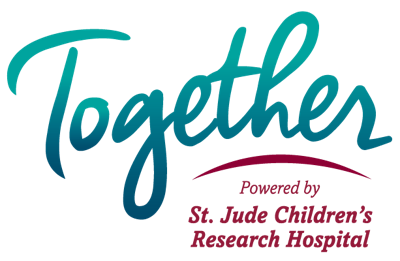
Neurogenic Bladder After Childhood Cancer
Because of treatment, some survivors may have incurred damage to the bladder. A common complication is a neurogenic bladder. Urine may not empty completely or

Because of treatment, some survivors may have incurred damage to the bladder. A common complication is a neurogenic bladder. Urine may not empty completely or
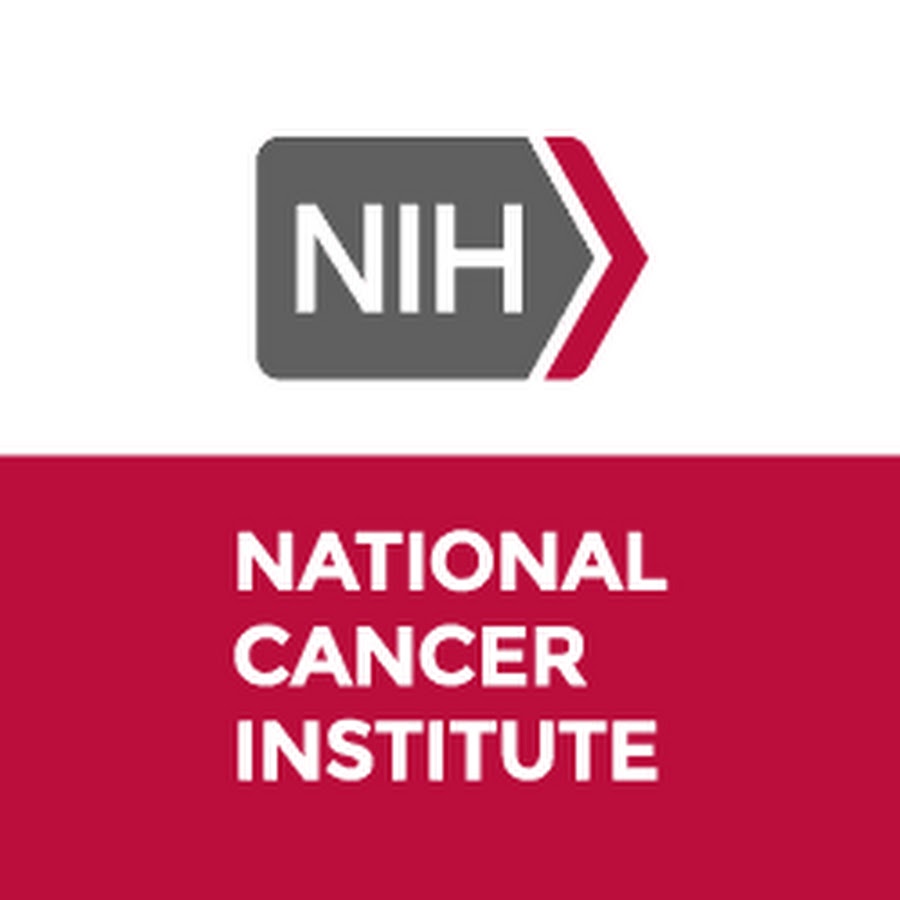
Children treated with certain chemotherapy drugs or alkylating agents, including cyclophosphamide, ifosfamide, busulfan, and temozolomide, experience an increased risk of bladder cancer. Survivors of heritable
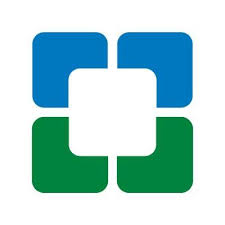
Learn what auditory-verbal therapy is, and why it is important for a child with hearing loss. Auditory-verbal therapy teaches parents a great deal about how
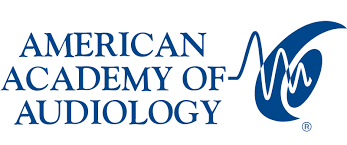
Over-the-counter hearing aids are approved for adults older than 18 years. This article explains the purpose of these easier-to-access hearing aids for appropriate decision-making.

Hearing aids can help children develop communication and social skills. Even babies and very young children can wear hearing aids. The audiologist will review the
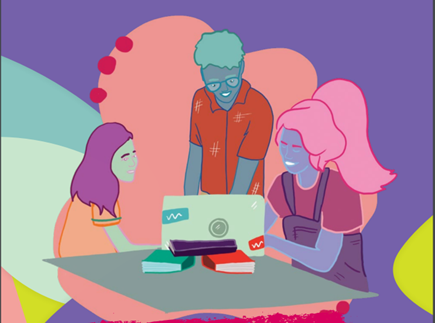
This booklet provides information for teens who learn they have kidney disease. It provides a brief overview of living with end-stage renal disease, the importance
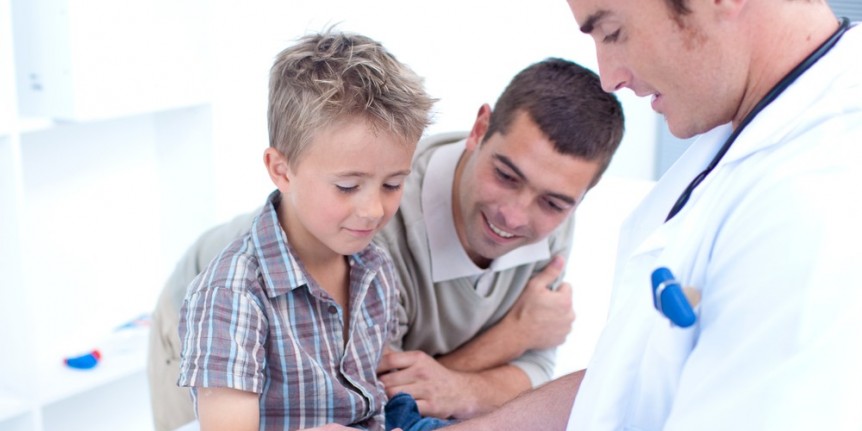
This library of resources provide guidance and support to parents when children require amputation.

This study confirms that prediction models can accurately identify survivors at low, moderate, and high risk for late kidney failure. It provides excellent confidence in

This study details information related to male reproductive hormonal health, sexual function, psychosexual considerations, posttherapy infertility, and hormone replacement therapy.
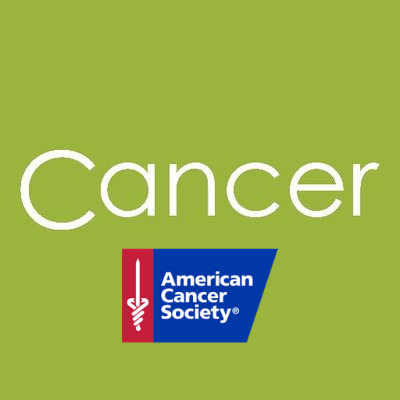
For childhood cancer survivors who have not been sexually active before cancer treatment, strategies for evaluation and treatment differ from those used with older survivors